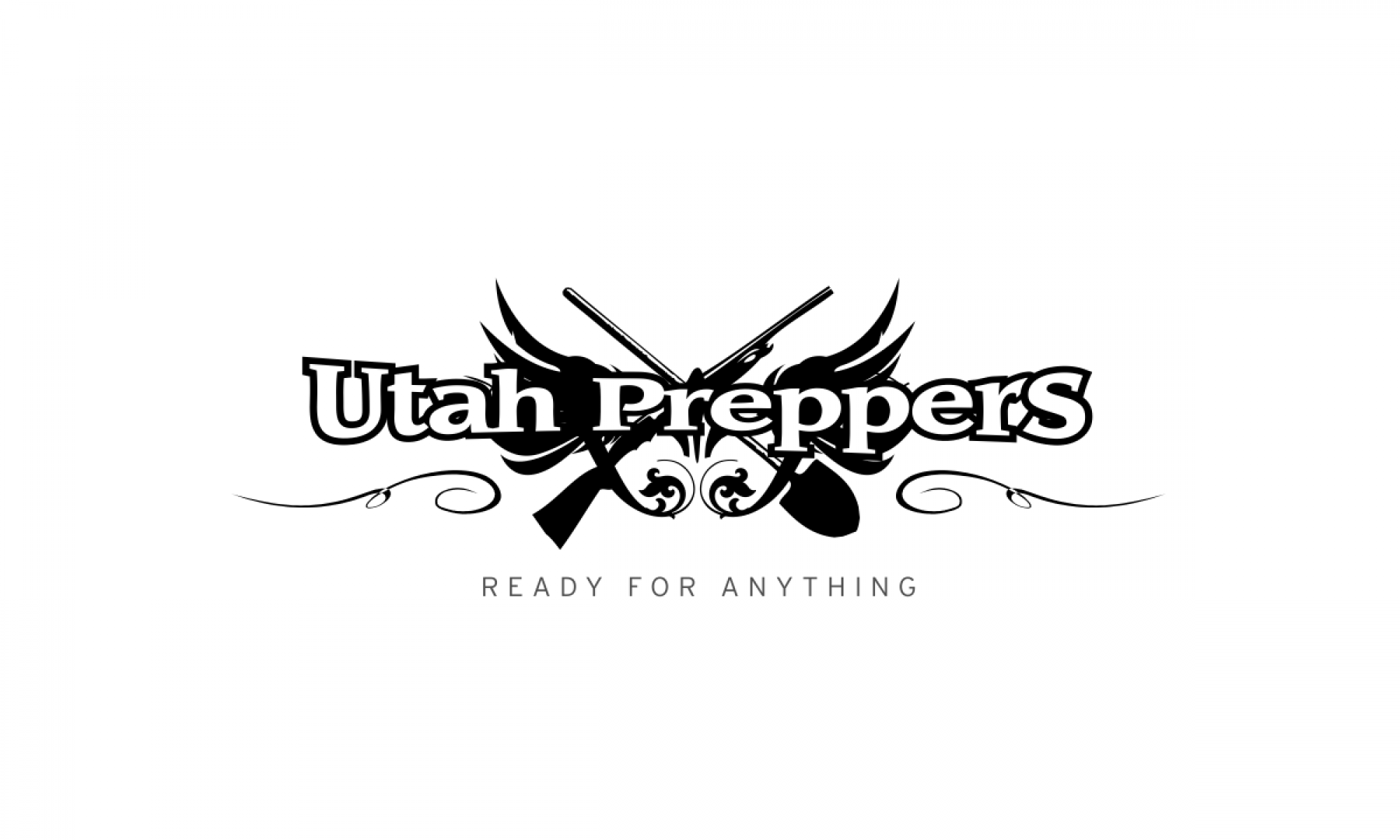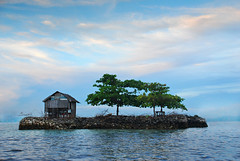(Cross posted from my blog).
In 1624, the English poet John Donne wrote in one of his Meditations that “no man is an island.” His poem explains how our common humanity ties us together in one common thread, and that as individuals we cannot thrive in isolation. Christians have been taught likewise, their common identity as followers of Jesus binding them together into a body focused on one purpose. Whatever the commonality that brings us together, the simple fact is that our spiritual and physical survival depends on our willingness and ability to help one another along our shared path.
This principle is especially important in terms of preparedness. When a catastrophe comes our way, each family will quickly discover a need for things they didn’t think to keep in supply, and only through bartering and buying from others will they be able to obtain those things. Isolated individuals will be easy prey for roving gangs and other desperate groups. Lack of communication will increase frustration, loneliness, and ignorance. Only by becoming part of a trusted network beforehand will we be able to more easily deal with whatever disasters may strike.
Numerous stories of survival bear out the wisdom in this concept. One such example comes from a group of mentally unstable people sticking together after Hurricane Katrina struck:
They’re out there.
The shooters, the choppers, the looters, the lines, the foul water and the bodies. Especially the bodies.
“But we’re in here,” says Victor Fruge.
Others — hundreds of thousands of them — had also escaped from New Orleans. But few could match the extraordinary, even miraculous odyssey of Fruge and his comrades — 16 men with mental illness and addictions, cast out of their group home, Abstract House, by the storm.
For a week the men stuck together through Hurricane Katrina and its rising waters, following a survival instinct like a candle in the dark and gamely caring for each other as they traveled unsupervised for nearly 500 miles.
Along the way they ate and slept in at least four different shelters and caught rides on four different means of transport, always clutching the psychotropic medications that keep their imaginary devils at arm’s length while the real world around them sunk into a deeper hell.
The article continues, noting how this common experience forced these housemates to band together for their mutual survival:
For these men who are schizophrenic, bipolar, severely depressed, obsessive-compulsive and shellshocked from war — often simultaneously — Hurricane Katrina and its agonizing aftermath have forced them to function as a family, perhaps for the first time in their lives.
“We look out for each other,” says Raymond Jean Pierre, who everybody agrees is the oldest.
“We stick together,” says Patrick Pitchford, whose tattoos crawl down both arms like psychedelic shirt sleeves. “If one person had to go to the bathroom, we all go’d to the bathroom.”
This and other stories of community-based survival illustrate the importance of establishing a trusted network of neighbors before an emergency arises. The fact of the matter is that geography means everything during an emergency—local events affect those in a small area, while general events may likely force communities to take care of themselves. Whatever the scenario, having well-supplied and skilled neighbors you can rely on for assistance is optimal. Basic sustenance, hygiene, medical care, communications, defense, and entertainment can all be effectively continued to some degree after a disaster among a neighborhood where the majority of people know and trust each other, have identified each others’ skills, have delegated assignments and responsibilities, and agreed to maintain a personal supply of basic supplies.
The contrast is not fun to consider. A well-prepared family living in an unprepared neighborhood is, in the event of an emergency, an easy target for hungry, needy neighbors. Even the nicest of fence-mates can turn into an aggressive thief if the circumstances are right (or, well, wrong), he has no food, and his children are starving. A year supply for one family who charitably supports unprepared relatives and neighbors will soon turn into a short-term supply of mere days or weeks. It is apparent, then, that a family is only as prepared as their neighbors are. Anybody who claims to have X months of food storage on hand really only does if their neighbors have the same amount or more, and thus are unlikely to be a drain on their supply.
It has been said that any city is three days away from anarchy. Imagine a disaster where supply lines are cut off, communication is restricted or non-existent, and store shelves are emptied in hours. Within one day, your neighborhood must live on what it has previously stored in their homes. How would you fare? Whom would you support and whom would you turn away? Would you give in and share with the needy, frustrated father of four wanting some of your storage? Or would you keep your food to yourself and defend it at all costs?
Abraham Lincoln once said that “The best way to destroy an enemy is to make him a friend.” In each of our neighborhoods exists a handful of potential enemies who, in stressful circumstances and with empty stomachs, would do whatever would be necessary to commandeer some of your supplies. One could ameliorate the situation after the fact by sharing your supplies with would-be agressors, but sooner or later your supplies will run out. It is far better, then, to make friends with them before disaster strikes. Talk to them about food storage, establish or participate in a block captain system, discuss your skills and talents, organize group buys, and most importantly, establish relationships and turn your neighbors into friends. In the event of an emergency, you and your family will personally benefit from the preparations of those around you. All the more reason, then, to work hard now to encourage others to stock up on basic supplies and acquire useful skills.



it’s a scary scenario. i do think the cities would be a bad place to be if things got cut off.
it’s a scary scenario. i do think the cities would be a bad place to be if things got cut off.
Glad I live where I do where we know most of the people around us and their occupations, skills, and hobbies, but there are still plenty of unprepared neighbors. I’d have a hard time turning hungry neighbor/friends’ kids away. Trying to do what I can to encourage my neighbors and friends to get stuff now.
Glad I live where I do where we know most of the people around us and their occupations, skills, and hobbies, but there are still plenty of unprepared neighbors. I’d have a hard time turning hungry neighbor/friends’ kids away. Trying to do what I can to encourage my neighbors and friends to get stuff now.